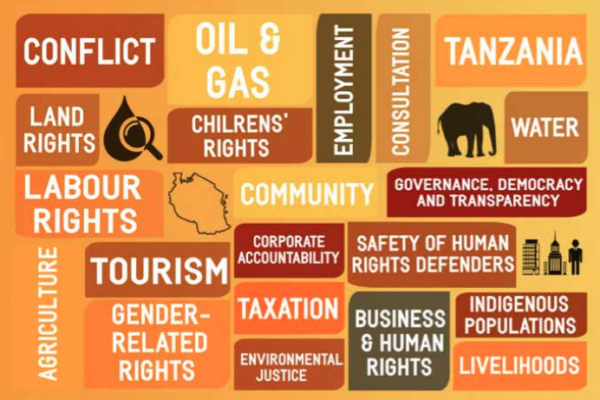
Business & Human Rights in Tanzania: what’s on the agenda?
March 26, 2015On 18 and 19 August 2014, IPIS organised a workshop on Business and Human Rights in close cooperation with the Tanzanian national human rights institution, the Commission for Human Rights and Good Governance. The workshop, which took place in Dar es Salaam, was designed and facilitated by IPIS researchers, Anna Bulzomi and Gabriella Wass, together with Business & Human Rights Resource Centre r
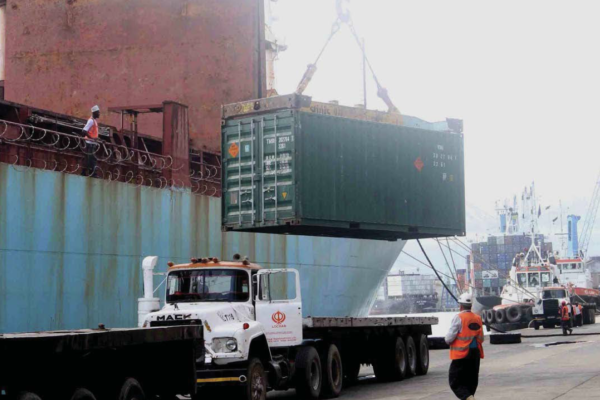
Supply Chains and Transport Corridors in East Africa
June 1, 2014Transport infrastructure plays a key role in boosting a country or region’s economic development. IPIS and TransArms have ascertained on several occasions that the underdevelopment or degeneration of transport infrastructure is a problematic issue across a number of African countries and regions. This report analyses the current logistics situation in Eastern Africa, and the logistic challenges fa
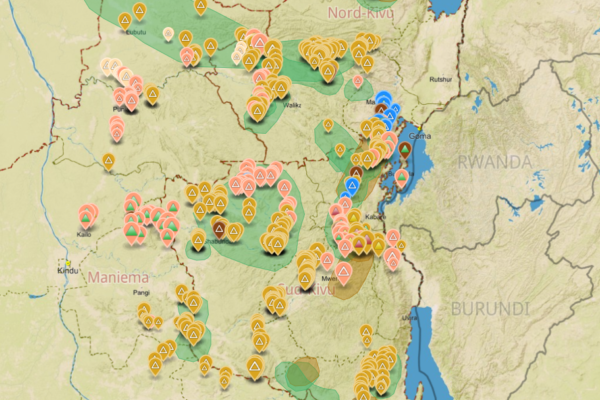
Analysis of the interactive map of artisanal mining areas in Eastern DRC – May 2014 Update
April 30, 2014In collaboration with the Congolese mining cadastre (CAMI), mining service SAESSCAM and representatives from local civil society organisations, IPIS organised a series of field visits to monitor artisanal mining activities and the involvement of armed groups and criminal networks in mineral exploitation and trade. This resulted in the publication of an interactive web map providing information on

IPIS Insights: The EU draft law on conflict minerals due diligence: a critical assessment from a business & human rights standpoint
April 4, 2014On the 5th of March 2014, the European Commission proposed a responsible trading strategy for minerals from conflict zones. The proposal took place within a specific and timely context. As IPIS has long documented, the exploitation of natural resources can have adverse human rights impacts. Businesses operating in conflict-affected or fragile regions should therefore ascertain whether their direct
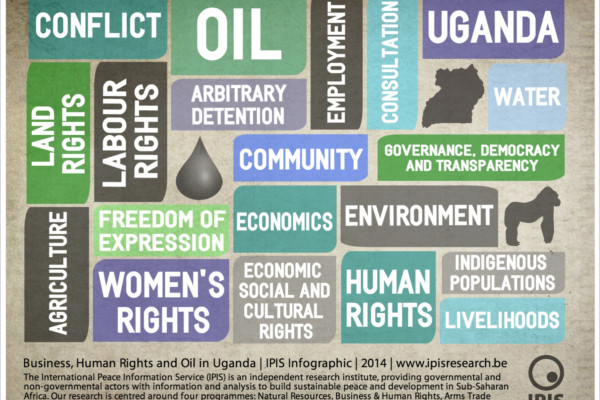
Business & Human Rights in Uganda: What’s on the Agenda?
March 5, 2014A few days after attending the annual UN Forum on Business and Human Rights in Geneva, IPIS Business & Human Rights Analysts Anna Bulzomi and Gabriella Wass boarded a plane to Kampala, Uganda, to run a two-day training with ActionAid Uganda for businesses and NGOs on “What does business & human rights mean, and how can we bring about a healthy relationship between the two?” This document s

Boundary spanning: moving towards strategic stakeholder engagement
February 3, 2014In today’s globally expanded production and supply chains, most companies have a hard time living up to their commitment to operationalize business & human rights principles. Countless multinational companies, State-owned enterprises (SOEs) and small and medium enterprises (SMEs) in different countries, and across all industry sectors, have faced allegations of labor rights violations, human r

IPIS Insights: The 2nd Annual United Nations Forum on Business and Human Rights, Geneva 2013
January 14, 2014From the 2 – 4 December 2013, IPIS attended the United Nations Forum on Business and Human Rights. The Forum was established by the Human Rights Council and is under the guidance of the UN Working Group on Business and Human Rights. Around 1,700 people registered for this year’s Forum, spanning Civil Society Organisations, individuals who have been adversely affected by business activity, State de
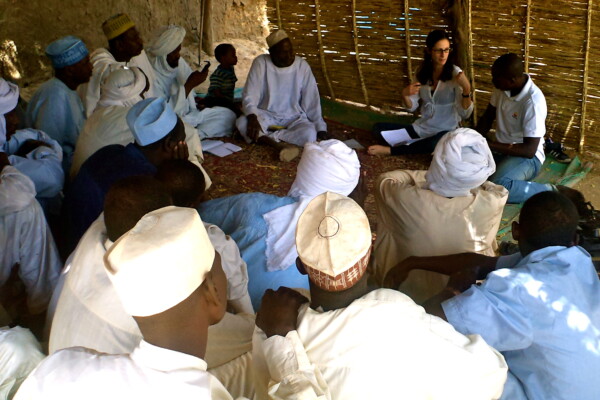
Practice What You Preach: Theory and Practice of China National Petroleum Corporation (CNPC)’s Stakeholder Engagement Plan in Chad
December 11, 2013The past decade has seen a staggering increase in Chinese investment flows in Africa, leaping from USD 392 million in 2005 to USD 2520 million in 2012. Although there is a growing understanding that China’s impact on sub-Saharan Africa is far-reaching and complex, and that Chinese investments on the continent are highly diversified, the majority of business & human rights analysts have tended

